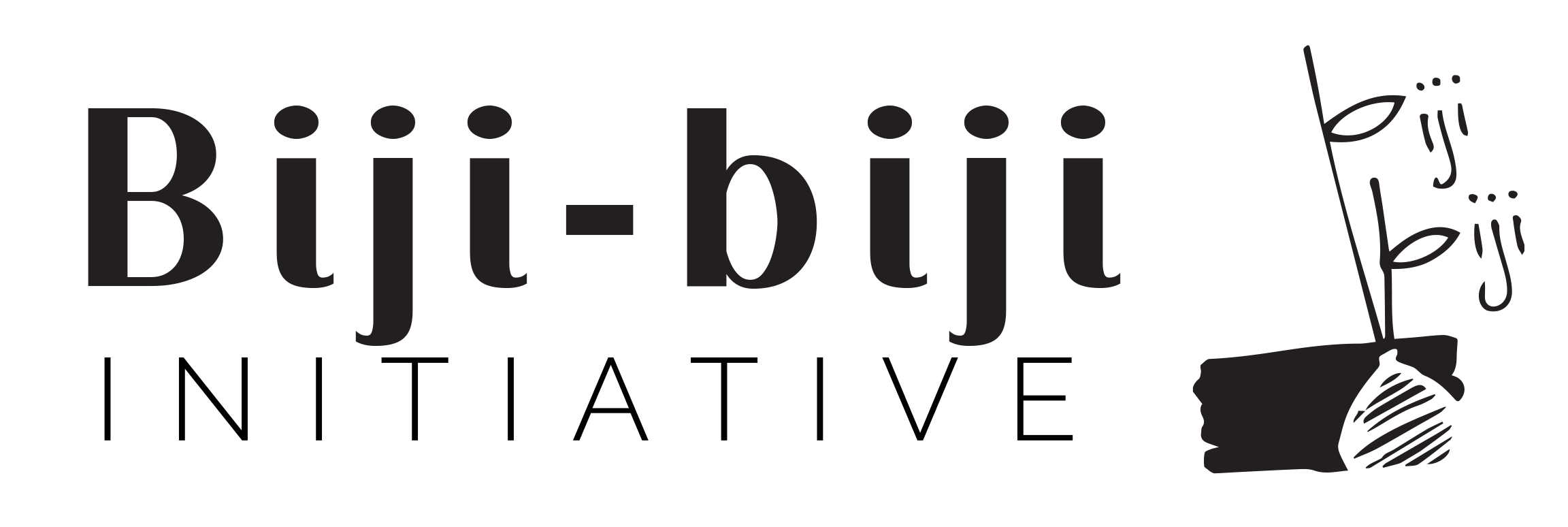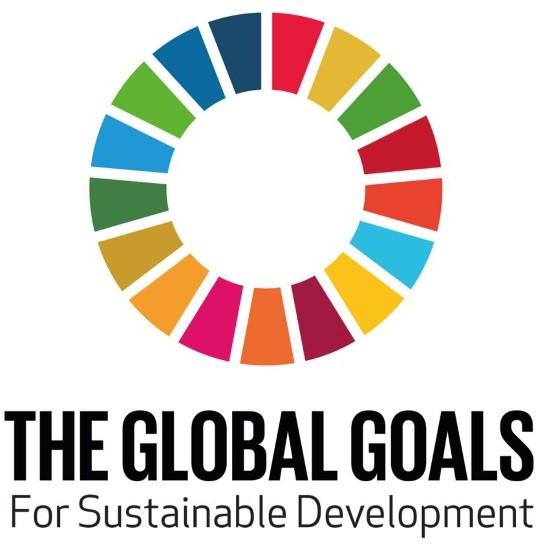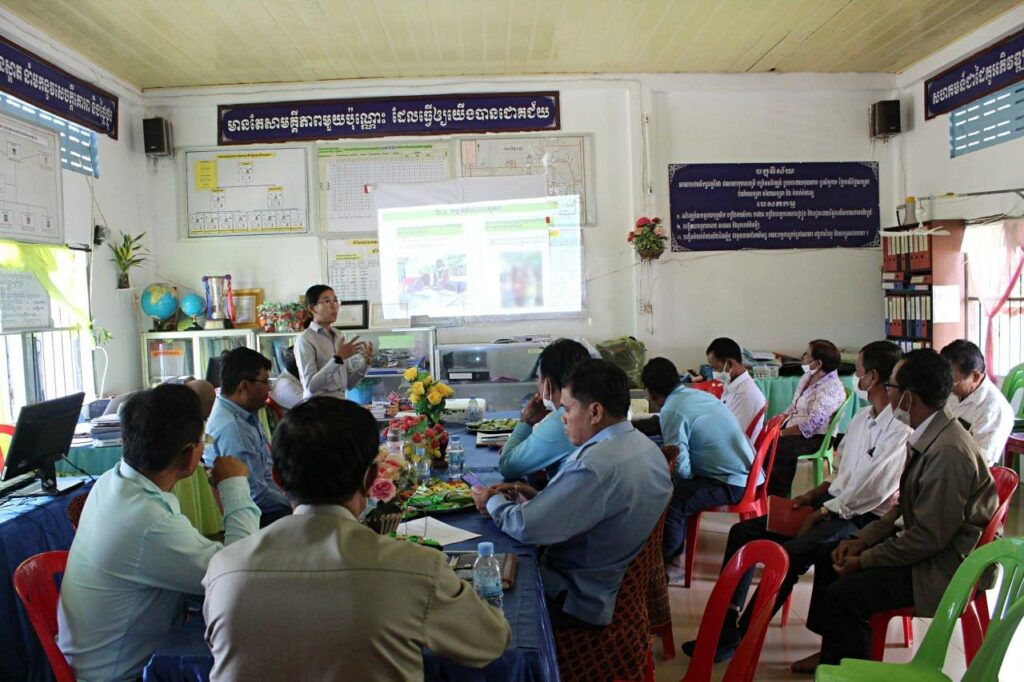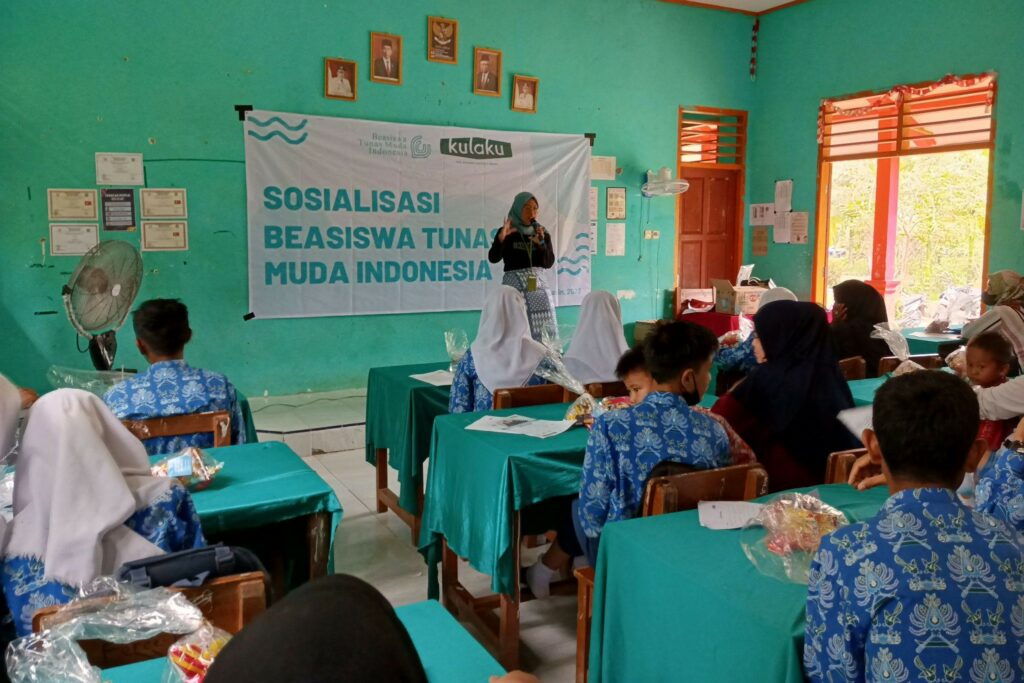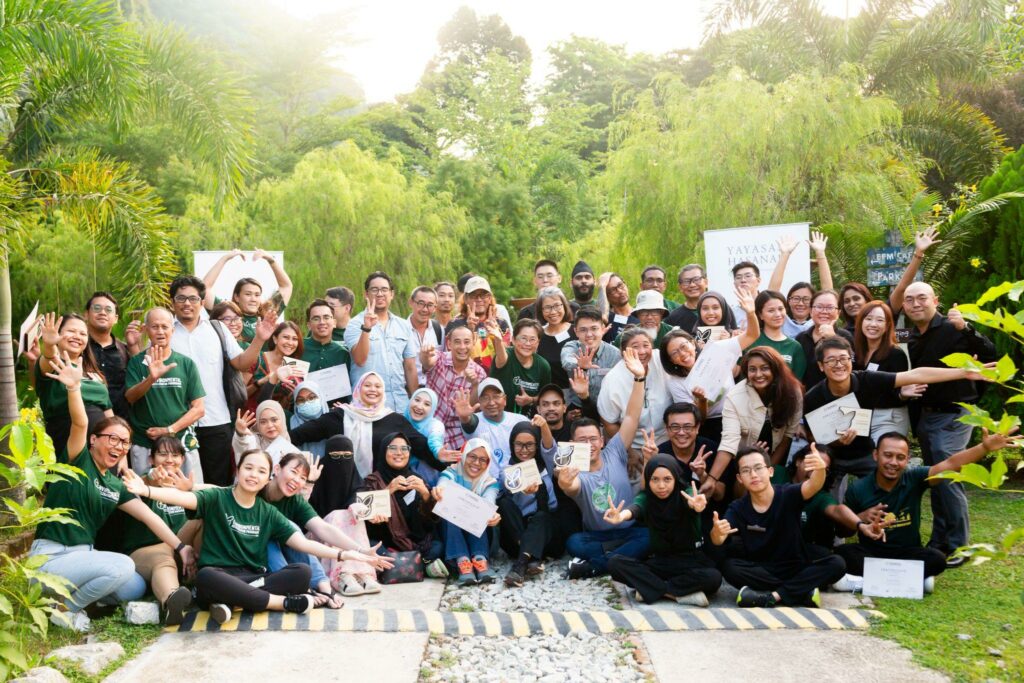Why do they matter to your business?
Is your organisation operating primarily on a profit – loss model? Does your organisation measure impact? And if so, what are some of the impact criteria? Do you even have access to this information? Does this really matter to you, individually?
These are questions that this post will seek to answer apart from addressing the roles and benefits of SDG adoption in business management and operational strategies.
In September 2015, during the United Nations General Assembly themed ‘The 2030 Agenda for Sustainable Development,’ world leaders approved the seventeen Sustainable Development Goals (SDGs) . The said goals follow and expand on the millennium development goals (MDGs), which were agreed by governments in 2001 and was due to expire at the end of 2015. The SDGs will be the cornerstone of all policy for years to come.

The sustainable development goals cover a wide range of areas, while most of them largely involve government policy, the The sustainable development goals are set in a way that allows for adoption at every level.
The overall idea is that businesses need to operate based on ethical values and principles to meet the needs and aspirations of people in an economically, socially and environmentally sustainable way.
Companies such as General Mills, Visa, LEGO, AirBnB, and Nike have all adopted components of SDGs into their operations. This article by the SDG funders have a more comprehensive look at the different initiatives by the different companies.
How would this matter to the business owner?
SDGs as a Business Opportunity.
Let’s be honest here, if you are a Malaysian business owner, chances are your businesses have suffered some sort of losses or you may have been forced to innovate to reduce cost of production or spend extra exploring new marketing opportunities. The SDGs are one of those opportunities;
Be a leader, not a lagger – Yes, it may be painstaking at first, but the SDGs actually present a lot of opportunities only if you adapt them efficiently. Resources like the SDG Compass will help point you to the right direction. You can also hire agencies to help you with the transformation.
The SDGs provide a powerful aspiration for improving our world – laying out where we collectively need to go and how to get there. Responsible businesses and investments will be essential to achieving this transformational change.
With trillions of dollars in public and private investments expected to redirect towards achieving the SDGs, there is an enormous opportunity for responsible companies in the coming years.
Your consumers are a lot smarter than they were. With access to information so easily available, a growing breed of more informed consumers are on the rise.
A global survey recently conducted found that consumers and investors are better informed than ever before – and they want businesses to take responsibility for the pressure our planet and its population are under.
There is growing understanding – especially by business leaders and investors ahead of the curve – that it is not enough for companies to concern themselves only with short-term profits because natural disasters, social unrest or economic disparity can damage long-term prosperity.
SDGs as a Human Resource/ Talent Acquisition Function.
Arguably the most important asset of any organisation is its employees. The brightest and the smartest are aware of unsustainable, old business practices that do not longer serve the benefit of the people. The talent war is a real thing, and having a transparent and sustainable system in place will attract great talent to your organisation.
More than 50% of millennials say they would take a pay cut to find work that matches their values, while 90% want to use their skills for good.
Bain & Company recently surveyed about 750 employees across industries in Brazil, China, India, Germany, the UK, and the U.S. Roughly two-thirds of respondents said they care more about sustainability now than three years ago, with almost that many saying sustainable business is extremely important to them.
SDGs and Malaysian Regulations.
If you’re not convinced already, since 2016 there has been increasing government and intergovernmental regulations and deregulations to incorporate SDGs in policy making.
In October 2015, Bursa Malaysia launched a new Sustainability Framework, comprising amendments to the Listing Requirements and the issuance of a Sustainable Reporting Guide and Toolkit. The guide highlights sustainability reporting requirements for Malaysian-based public listed companies.
This is an initial step in the right direction by the Bursa to incorporate sustainable development in Malaysian Businesses and also a statement of intent that highlights a wider range of success indicators which looks beyond just the profit and loss model.
Our SDGs’ Governance Framework
The SDGs in essence, seeks out to provide a global framework to address current social issues that is plaguing mankind. It also acknowledges the important role that businesses play in shaping society and the surrounding communities. Aside from being a good business opportunity, the adoption of SDGs will help in the sustainable growth of businesses – taking into consideration social, environmental and financial impact.
It is safe to say that there needs to be a honest examination of the way businesses are being run and SDGs provide the tools to ensure for a more holistic growth of business and society at large. It is the hope that if we all take steps to care about the impact of our government policies, business systems and even individual actions then maybe the future of businesses and social welfare will be a bright one.
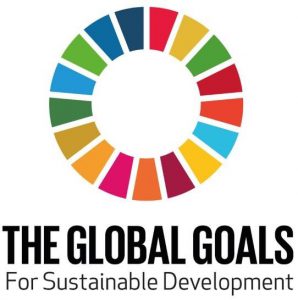

In light of our efforts to increase awareness and to provide access to information. We at biji-biji are giving access to 2 useful tools for you, the reader:
- A complete checklist on how to develop an SDG implementation plan and survey and iIncorporating the results into your company operations and management.
- A full report on how Biji-Biji Initiative ran a full audit, conducted surveys and implemented specific and attainable goals and indicators into our business.
Please fill in the form bellow and we will email you the downloadables shortly!
